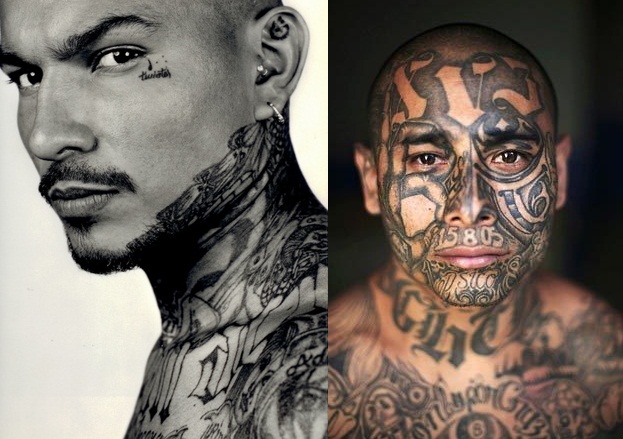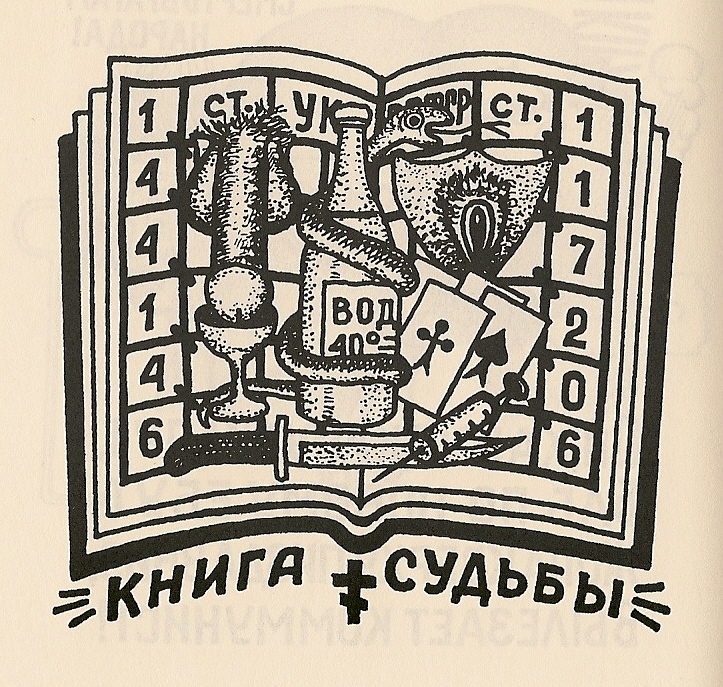This video is yet another proof of how art shapes criminality and how criminality shapes art. A teardrop tattoo is a perfect example of the effects of criminal world on societal cognition and perception. Indeed, rap culture made a common for prisoners teardrop tattoo popular among the general public. In mass culture, it is often perceived as a sign of toughness and masculinity, or simply as an indication that you’ve murdered a person. Susceptible teenagers from the neighborhoods with a high crime rate tend to tattoo teardrops in order to obtain authority and maintain a “cool” street image. What many of us don’t realize is that prison tattoos oftentimes have a deeper, more intrinsic and multifactorial meaning. As the video points out, a teardrop may also relate to how much time one served in prison. It can also mean the loss of the fellow gang member, the traumatic experiences in jail (e.g., being raped), an intention for retribution, or even a solidarity (more common in women) for a partner who committed a crime. For inmates it is a way of life, and as the video points out, one with a fake teardrop tattoo can simply get in a trouble for disrespecting the authenticity law. Video describes the symbolic meaning of each tattoo in great detail. For example, I found it interesting how “simple amount of dots” can reveal so much about an individual. I found it incredible, how just five dots can describe your entire environment, and three dots can reveal your personal and religious beliefs. Deep analysis of this video, however, indicates an interesting dilemma. If you are an inmate, are you in control of your tattoos, or do your tattoos dictate who you are? Put differently, are you maintaining control of your own identity and environment by tattooing particular symbols on your own body? This case can be viewed from the labeling theory perspective: one accepts who they are and eventually takes control of their persona by tattooing, hypothetically, an AB or MS13 on their skin. By doing so, one may not only obtain a stronger sense of self, but find his or her environmental niche, as the tattoo will most likely attract other members with similar background/beliefs. Alternatively, after getting an MS13 or an AB tattoo, do you let your tattoos dictate your lifestyle and behaviors by feeling an increased belonging and deep commitment to a specific group?
https://www.youtube.com/watch?v=icimBeDGFBc







